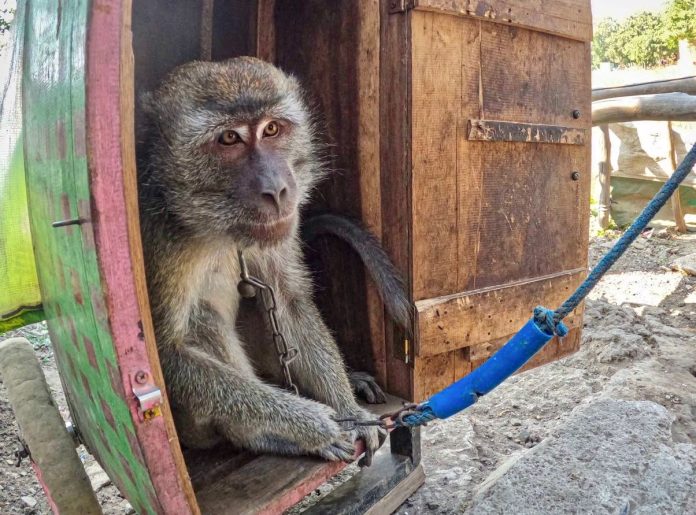
31 Abused Dancing Monkeys Rescued From Notorious Training Village In Indonesia
You can help all animals and our planet by choosing compassion on your plate and in your glass. #GoVeg

You can help all animals and our planet by choosing compassion on your plate and in your glass. #GoVeg